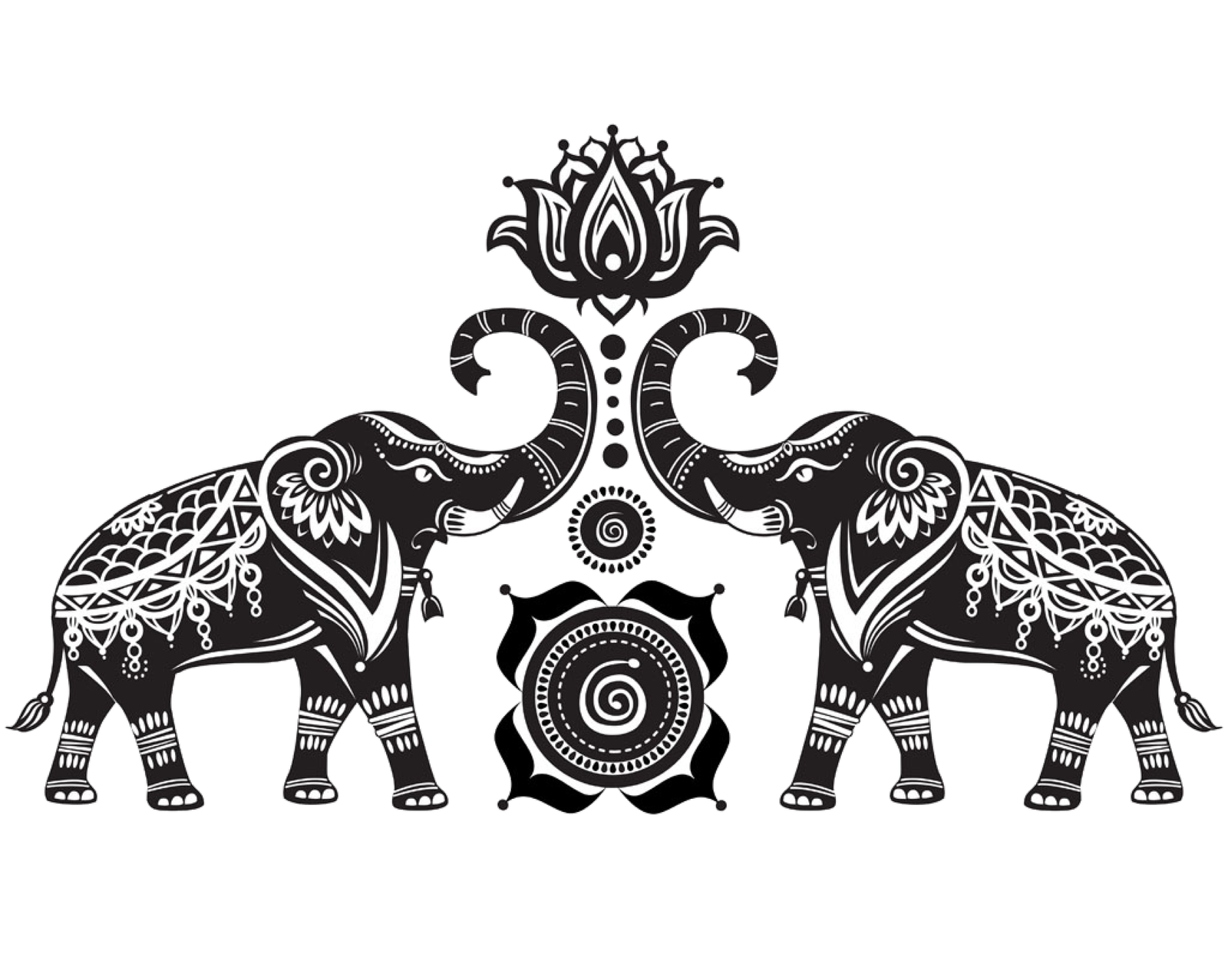Old Solutions to Modern Problems: The Timeless Wisdom of Tradition
In an era characterized by rapid technological advancement and unprecedented challenges, it is easy to overlook the wisdom embedded in ancient practices and philosophies. Many of today’s pressing issues—such as environmental degradation, mental health crises, and social disconnection—can find solutions in the time-tested approaches of our ancestors. This essay explores how traditional knowledge and practices can address contemporary problems, highlighting the relevance of old solutions in a modern context.
Environmental Sustainability
One of the most pressing challenges of our time is environmental degradation, driven by industrialization, overconsumption, and unsustainable practices. However, many indigenous cultures and ancient civilizations have long understood the importance of living in harmony with nature. For instance, the principles of permaculture, which emphasize sustainable agricultural practices that mimic natural ecosystems, have roots in ancient farming techniques.
Indigenous peoples around the world have practiced land stewardship for generations, utilizing methods such as crop rotation, companion planting, and agroforestry. These practices not only enhance biodiversity but also improve soil health and resilience against climate change. By integrating these traditional ecological knowledge systems into modern agricultural practices, we can develop sustainable food systems that nourish both people and the planet.
Mental Health and Well-Being
In our fast-paced, technology-driven society, mental health issues such as anxiety and depression have reached epidemic proportions. While modern medicine offers various treatments, many ancient cultures have long recognized the importance of holistic approaches to mental well-being. Practices such as mindfulness, meditation, and yoga, which have roots in Eastern philosophies, have gained popularity in the West as effective tools for managing stress and enhancing mental clarity.
Mindfulness, in particular, encourages individuals to cultivate present-moment awareness, fostering a sense of calm and reducing anxiety. Research has shown that regular meditation can lead to significant improvements in mental health, emotional regulation, and overall well-being. By embracing these ancient practices, individuals can find effective ways to cope with the pressures of modern life, promoting mental resilience and emotional balance.
Community and Social Connection
In an age marked by digital communication and social media, many people experience feelings of isolation and disconnection. Traditional societies often emphasized community and interpersonal relationships, fostering a sense of belonging and support. The concept of communal living, where resources and responsibilities are shared, can offer valuable insights into addressing modern social challenges.
For example, the practice of communal meals, as seen in various cultures, not only nourishes the body but also strengthens social bonds. Initiatives that promote community engagement, such as neighborhood potlucks, cooperative housing, and local support networks, can help combat loneliness and foster a sense of belonging. By reviving these communal practices, we can create stronger, more connected communities that support individual and collective well-being.
Education and Lifelong Learning
The modern education system often emphasizes standardized testing and rote memorization, which can stifle creativity and critical thinking. In contrast, many ancient cultures valued experiential learning and holistic education. Indigenous education systems, for instance, often involve storytelling, hands-on experiences, and mentorship, allowing learners to engage deeply with their environment and community.
By incorporating these traditional educational methods into contemporary curricula, we can foster a love of learning that transcends the confines of the classroom. Project-based learning, outdoor education, and intergenerational mentorship programs can cultivate critical thinking, creativity, and a sense of responsibility toward the community and the environment.
Conclusion
As we navigate the complexities of modern life, it is essential to recognize that many of the solutions to our contemporary problems can be found in the wisdom of the past. By embracing traditional practices and philosophies, we can address pressing issues such as environmental sustainability, mental health, social connection, and education. The integration of old solutions into modern contexts not only honors the knowledge of our ancestors but also empowers us to create a more sustainable, connected, and fulfilling future. In a world that often prioritizes innovation over tradition, it is crucial to remember that sometimes, the best way forward is to look back and learn from the lessons of history.
